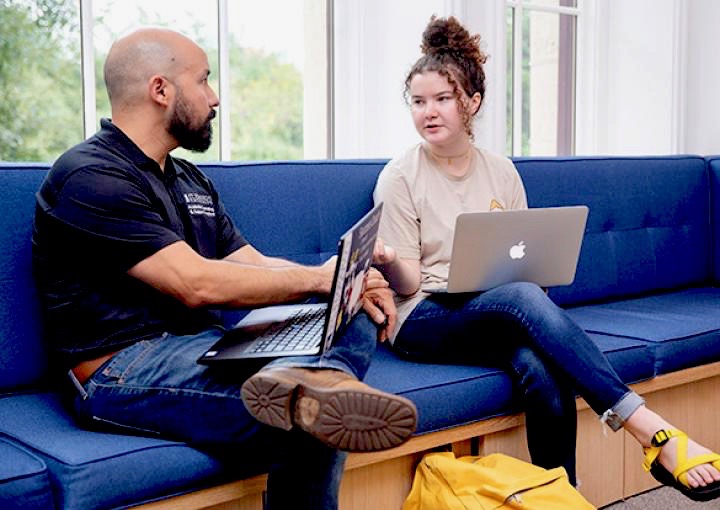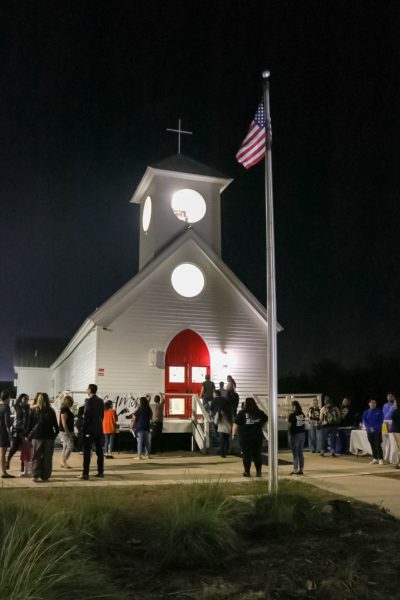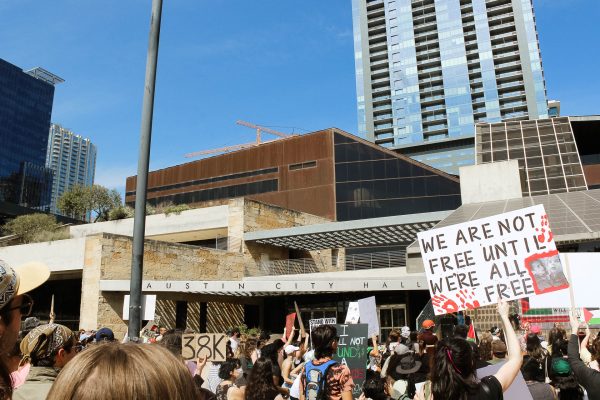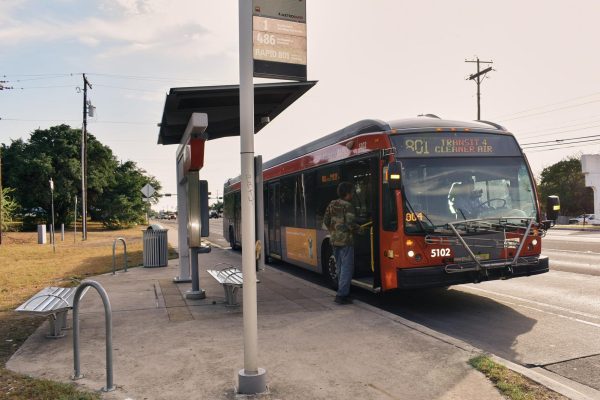Texas Behavioral Health Executive Council quickly rescinds board ruling to turn away LGBTQ+, disabled Texans
Courtesy of St. Edward’s University Website
St. Edward’s University offers a major and minor in social work through the School of Behavioral and Social Science. The school prepares students to work with people from all walks of life.
On Oct. 12, the Texas State Board of Social Work Examiners unanimously voted to change its code of conduct. The change would allow social workers to turn away clients based on their gender identity, sexual orientation or disabilities.
This means that if a social worker did not want to serve someone that identified as LGBTQ+ or had a disability, they now have the right to refuse to service them and would not get into legal trouble.
The code originally stated that “a social worker shall not refuse to perform any act or service for which the person is licensed solely on the basis of a client’s age; gender; race; color; religion; national origin; disability; sexual orientation; gender identity and expression; or political affiliation.”
This change came from a recommendation made by Gov. Greg Abbott (R) to better match the protections made in the code of conduct to the ones stated in the state law that governs social workers.
This new ruling angered social workers, many who believe that turning away clients goes against the very nature of what it means to be in the field of social work.
“Gov. Abbott should not be allowed to dictate conversations and implement policies like this if he has no background knowledge on working with diverse populations and people that are historically from more vulnerable populations,” Marissa Sanchez, a St. Edward’s social work alumna said.
Social workers are also angered over the fact that the board did not incorporate input from those who are actually working in the field, and who would have been able to speak on how this would affect real-life workers.
“I definitely think that they were very intentional in terms of not allowing for public comment from social workers because they knew that an overwhelming majority of social workers would be just incensed by this,” Adam McCormick, associate professor of social work said.
With Texas being the one to pass this bill, there is also a chance that many other like-minded states will follow suit in the next couple of years.
“It is not at all uncommon, especially when it comes to these policies that are anti LGBTQ+, that when Texas does something, a lot of other states will adopt or propose similar measures or similar policies,” McCormick said.
With the bill making it acceptable for social workers to turn away certain populations, this can create problems for many patients, as there is already a shortage of social workers, especially in more rural counties. This means that patients who are turned away might struggle with finding another social worker that will take on their case.
Even if someone is not a social worker, there are many ways that they can help if they find themselves outraged by things like this.
“National Association of Social Workers Texas is our social work lobby but you don’t have to be a member of NASW to follow the work that they do and to sign the petitions that they put out. They have put together some really nice letters that students or citizens could adopt, whether they’re social workers or not,” McCormick said.
After many complaints from social workers and ordinary citizens, the Texas Behavioral Health Executive Council voted to rescind the ruling on Oct. 27, stating that “at every opportunity our intent is to prohibit discrimination against any person for any reason.”
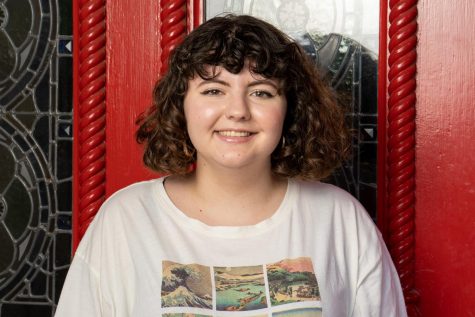
Hi! My name is Sierra Rozen and I'm the Life and Arts editor. I'm a senior Communication major, with double minors in Journalism and Women's Studies. This...


